
(00:52:40) hugo chavez: Tava I, das versucht, jene Klumpen von C und von C++ zu verstehen, gleichzeitig antwortende email, den Film von sehen “, wieviel Senke…”, Teigwaren brennend, erstarrte in der Wanne, zu einem Kollegen im masn pra schauen, um mir mit Arbeit zu helfen, ein livreo der Bibliographie von mestrado im Musik pra zu aligar sich verfangen ich, attemped, um playlist von blo und von naão Verstí¤ndnis zu í¤ndern, weil es nicht funcionaou, Versuchen zum dissimulate, das morgen ich gehe, zu erreichen, um die Sachen einer Fí¤higkeit zu organisieren, die entlasten
(00:52:43) hugo chavez: schlie�Ÿlich
(00:52:48) hugo chavez: dasselbe von immer
(00:52:53) hugo chavez: alles gleichzeitig
(00:52:54) ze dirceu: heheheh
(00:53:00) ze dirceu: Hí¤lfte erst-getragenes Sohn I tou
(00:53:02) hugo chavez: folglich bildete nichts gut
(00:53:06) ze dirceu: Ich beendete zum assitir eine Filmmasse
(00:53:14) ze dirceu: 8 1-/2frauen
(00:53:19) ze dirceu: aber nicht vom felllini
(00:53:31) ze dirceu: eine neue Ehrerbietung, vom peter greenaway
(00:53:35) ze dirceu: lokaço
(00:53:37) ze dirceu: pervers
(00:55:06) hugo chavez: Wimmern arbeitete mein Code
(00:55:09) hugo chavez: Ich glaube nicht
(00:55:22) ze dirceu: ah
(00:55:28) hugo chavez: # schlie�Ÿen Sie < stdlib ein.h >
# schlie�Ÿen Sie < stdio ein.h >
typedef internes tipoelemento;
struct tiponodo {
tipoelemento Wert;
struct tiponodo * Ameise;
struct tiponodo * prox;
};
typedef struct tiponodo * tipolista;
leeres iniclista (tipolista * lista){
* lista=(tipolista)malloc(sizeof(tipolista));
(* lista)->ant=*lista;
(* lista)->prox=*lista;
}
internes vazialista (tipolista lista){
Rückkehr (lista==lista->prox);
}
leeres inserelista (tipoelemento Element, tipolista lista){
Liste->ant->prox=(struct tiponodo *)malloc(sizeof(struct tiponodo));
Liste->ant->prox->ant=lista->ant;
Liste->ant=lista->ant->prox;
Liste->ant->prox=lista;
Liste->ant->valor=elemento;
}

(00:56:07) hugo chavez: wie [ ist der Film?
(00:56:08) ze dirceu: Ich gehe, meinen Felsen von rosetta zu suchen, bereits komme ich zurück
(00:56:12) ze dirceu: ha
(00:56:25) hugo chavez: theoretisch dieses ist ae einfach
(00:56:32) ze dirceu: es dreht sich um den Tod der Frau eines Millionaire
(00:56:41) ze dirceu: der í¤lteste Sohn kommt an, um zusammen einzubetten es
(00:56:47) hugo chavez: es hat nur das, zum des Kompilators zu überzeugen, den Sie weil einer kennen; > nicht ist ein –
(00:56:54) ze dirceu: übrigens der einzige Sohn
(00:57:06) ze dirceu: für mich scheint die Sprache luftdicht
(00:57:14) hugo chavez: es ist einfach
(00:57:20) hugo chavez: viel einfacher das Portugiese
(00:57:21) ze dirceu: aber schlie�Ÿlich, es kommt an und leitet eine sexuelle Reise von redescoberta mit dem Vater ein
(00:57:23) ze dirceu: Summen
(00:57:25) ze dirceu: e Tupi?
(00:57:33) ze dirceu: e beginnen sie eine Reise von Perversionen
(00:57:49) ze dirceu: sie verwenden das grana vom alten (Millionaire), 8 Frauen kaufen, schlie�Ÿlich 8 Frauen und Strumpf
(00:57:57) ze dirceu: e, zum sie in den Perversionspielen einzuleiten
(00:58:02) ze dirceu: surrealismi
(00:58:04) ze dirceu:
(00:58:08) hugo chavez: Masse
(00:58:09) ze dirceu: ein fellini nochmals besucht
(00:58:17) ze dirceu: voll von den Kasinos von patchinko
(00:58:23) hugo chavez: zum peter greenaway ‘ und zum Fremden
(00:58:25) ze dirceu: wenn es teilweise in Japan überschreitet (offenbar)
(00:58:28) hugo chavez: aber ich habe den, zum vom Tag zu sehen
(00:58:28) ze dirceu: sonderbar
(00:58:32) hugo chavez: mit Schlaf schlafe ich
(00:58:41) ze dirceu: Ich gehe zu ripar es hier,
(00:58:45) ze dirceu: dvd wird ausgeliehen
(00:58:50) ze dirceu: dort Verriegelung vc ein Tag
(00:58:53) hugo chavez: Masse
(00:58:59) ze dirceu: Ich habe Konto im soulseek
(00:59:01) hugo chavez: c sah das email von ev?
(00:59:03) ze dirceu: dort Verriegelung vc für sie
(00:59:05) ze dirceu: nicht
(00:59:09) ze dirceu: wo?

(00:59:12) ze dirceu: in der Liste
(00:59:12) hugo chavez: galera La in Wien Sie wünschend aufregen
(00:59:15) hugo chavez: ja
(00:59:16) ze dirceu: ah, ja
(00:59:17) ze dirceu: Ich sah
(00:59:21) hugo chavez: es ist sehr wild
(00:59:24) ze dirceu: auf den Getrieben
(00:59:30) hugo chavez: die Gesichter also in einem tunning Bumsen
(00:59:35) ze dirceu: wir gehen zu bolar ein surpesa
(00:59:39) hugo chavez: sie hatten Produkteinführung sie von der Küche gebildet

(00:59:43) hugo chavez: zusammentreffend
(00:59:46) ze dirceu: Summen
(00:59:48) hugo chavez: gleichzeitig
(01:00:04) hugo chavez: e ist trabalahando dieses ideia der Nachbarn
(01:00:11) hugo chavez: da�Ÿ sie sehr folgend ist
(01:00:15) hugo chavez: von der Idee von “ihnen hoem”
(01:00:15) ze dirceu: Ich gehe, den Geist der khan gengis hervorzurufen, es in ein bahian cramulhão senken und Wien von neuem umgeben lassen (der Wandmongole)
(01:00:17) hugo chavez: Haupt
(01:00:22) hugo chavez: von der Oberflí¤chenspannung
(01:00:27) ze dirceu: die mogois waren in der Wien Rückkehr haben 800 Jahre nach
(01:00:38) ze dirceu: benachbarte Aufladung, die ich diesbezüglich stí¶re
(01:00:48) hugo chavez: Gesicht sieht den Streit der Liste
(01:00:50) ze dirceu: verweisen Sie von von der oben genannten Wohnung die 5000 Kilometer
(01:00:59) hugo chavez: dieses Sie an sehr Oberflí¤chenspannung zu mir erinnernd
(01:01:01) ze dirceu: e nomadismo x sedentartismo
(01:01:10) hugo chavez: Ich hatte eine interessante Erfahrung mit diesem
(01:01:28) hugo chavez: mit dieser vorgefaÃ?Ÿten Meinung, das Platzfrontseite zu einem Beitrag mit “Auslí¤ndern” beví¶lkeren
(01:01:31) hugo chavez: dieses alteridade
(01:01:36) hugo chavez: “zwischen Preisangabe kennzeichnet”
(01:01:39) ze dirceu: KI das Vienneses hatte die Türken vom Rand verbannt, aber 80 Jahre depiois mozart tava, das gení¤htes Ventilator tute bildet
(01:01:45) hugo chavez: Ich kam in einer Zusammenfassung an
(01:01:54) hugo chavez: esa alteridade dient zum Schauspiel
(01:01:54) ze dirceu: Summen
(01:02:02) hugo chavez: es ist stumpf
(01:02:18) ze dirceu: Ich sehe, daÃ?Ÿ ich nicht Problem mit Auslí¤ndern habe
(01:02:23) ze dirceu: übrigens bin ich teilweise einer
(01:02:28) hugo chavez: irgendein das mí¶glicherweise wenige distancia zwischen ihnen von wem sein distancia zum Gesicht, das Benzin in sein Auto einsetzt
(01:02:54) hugo chavez: aber immer rollt es dieses tendencia
(01:02:56) ze dirceu: von der Tatsache
(01:03:02) hugo chavez: von, wenn mehr sie “barbarous” beurteilt werden
(01:03:07) ze dirceu: von meinem Teil nicht immer
(01:03:08) hugo chavez: symptomatisch ist dieses Mio
(01:03:11) ze dirceu: er ist conflituoso für mich
(01:03:21) hugo chavez: Sie ist er franzí¶sisch?
(01:03:34) ze dirceu: Grube mae ist mein deutscher Vater franzí¶sisch. Ich war in Curitiba geboren
(01:03:43) ze dirceu: Klima plurimo des kulturellen Gesichtspunkts

(01:03:58) hugo chavez: unsere Sie ist er curitibano der Welt dann
(01:03:59) hugo chavez: hahahaha
(01:04:03) ze dirceu: Ich habe nicht Probleme mit brandon und ken. Ich habe mit dorothy stang und mangabeira zum unger
(01:04:06) hugo chavez: praktisch ein emiliano perneta
(01:04:09) hugo chavez: hahahahahahah
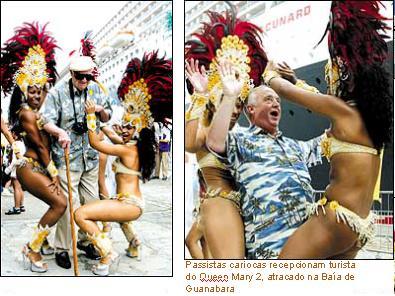
(01:04:10) ze dirceu: Summen
(01:04:15) ze dirceu: emiliano perneta ist sacanagem!
(01:04:17) ze dirceu: rs
(01:04:23) hugo chavez: meine Eltern sind Gauchos
(01:04:33) hugo chavez: Ich finde, daÃ?Ÿ ich wenig von gaúchismo habe
(01:04:41) ze dirceu: bombachas in C++
(01:04:50) hugo chavez: Ich wei�Ÿ nicht
(01:04:57) hugo chavez: Ich finde, da�Ÿ die Gauchos sarkastisch sind
(01:05:02) ze dirceu: aber schlie�Ÿlich
(01:05:12) ze dirceu: es nahm wahr, was es auf ken/ sagtebrandon x stang/zum unger
(01:05:15) hugo chavez: I nã wissen nichts von C++
(01:05:19) ze dirceu: sie sind die unterschiedlichen fenomenos
(01:09:05) hugo chavez: Freiheit, zum das neue Programm der João fetten Person zu beachten basiert auf Esel?
(01:09:09) ze dirceu: es ist!
(01:09:31) ze dirceu: Unglück
(01:09:46) ze dirceu: rothbard las die Phrase von murray
(01:09:52) ze dirceu: da�Ÿ ich in Pfosten des Weizens mich setze, fangen Sie auf
(01:09:56) hugo chavez: Ich finde, da�Ÿ es zu einer Art Freiheit Beton ermangelt
(01:10:00) hugo chavez: gehen und kommen
(01:10:16) ze dirceu: vc kann es nicht gegen das atomistica noch aufgelehnt werden, traurig
(01:10:28) ze dirceu: aber sprechendes metaforicamente, diese Freiheit besteht
(01:10:43) ze dirceu: vc kann es Innere von einer Kette freier sein, wenn wünschen
(01:11:07) hugo chavez: dieses ist viel “ontológico anarquismo”
(01:11:08) ze dirceu: vc manipuliert es nicht seine Partikel, von der Tatsache hat DIESE Freiheit vc nicht
(01:11:16) hugo chavez: pra dient nur pra “zum jungen” Buch des Vender
(01:11:20) ze dirceu: hummm
(01:11:24) ze dirceu: dieses ist gut, hein?
(01:11:26) hugo chavez: I Sie Sprechen von etwas das konkretere
(01:12:03) ze dirceu: lassen Sie uns zu den Auslí¤ndern zurückkommen
(01:12:09) ze dirceu: Ich bezog mich bis das folgende
(01:12:14) hugo chavez: anarcocapitalismo && ||, das vom Recht global gewesen wird
(01:12:40) ze dirceu: tatsí¤chlich mí¶glicherweise erlaubt die Technologie das Arbeiten des anarcocapitalismo
(01:12:55) ze dirceu: aber die Armut mu�Ÿ beseitigt werden, offensichtlich
(01:13:16) ze dirceu: e ist nicht mit chinesischem Diktatur posando des Schutzes des copyright, da�Ÿ wir gehen, dort anzukommen
(01:13:47) ze dirceu: ein Land, zwei Regime, überführen, eine allgemeine Durchführung, Hacker, eine Stulpe
(01:13:56) ze dirceu: issoé Beton
(01:14:27) ze dirceu: übrigens dieses ist concretíssimo
(01:14:41) ze dirceu: Chinese mit Ihrem, mein Profil, wenn fodendo für das Bilden exatamete des gleichen cpoisa das wir
(01:14:46) ze dirceu: an diesem Moment
(01:14:51) hugo chavez: Ich glaube nicht vigilança
(01:15:02) hugo chavez: vigilancia
(01:15:07) ze dirceu: von seiten wessen?
(01:15:17) hugo chavez: von irgendeinem Auftrag
(01:15:45) ze dirceu: es sagt dieses für, wem im Gefí¤ngnis ist. noch immer weg zu laufen ist mí¶glich,
(01:15:54) hugo chavez: aber soll es von der Tendenz des Streites in “neues ontológico anarquismo” von heheh fallen
(01:15:58) ze dirceu: noch immer ist er necessario, offenbar
(01:16:02) ze dirceu: Summen
(01:16:05) hugo chavez: sie kaufen mein Buch, garotada!
(01:17:30) ze dirceu: mehr oder weniger, Ich finde den, ohne professoral scheinen zu müssen, es gibt zum Geben und zur Ânderung genug. mehr von dem als in einem milicia.
(01:17:38) ze dirceu: nolivro Dr. jivago
(01:17:40) ze dirceu: es las?
(01:17:59) ze dirceu: ein Professor der mütterlichen Umdrehungen eine hauptsí¤chlich und der cruéisassassinos eine der Revolution.
(01:18:09) ze dirceu: es gab Lektion der künste für Kinder
(01:18:55) hugo chavez: es ist das suásticos lúcio und sein Fischen?
(01:19:00) ze dirceu: Ich bevorzuge den genuina Austausch zwischen gewissenhaftem und autonomas Verstand, das als irgendeine Relation dieses genero (auch denkendes atomisticamente), es hat Abstossung, Anziehung Friktion.
(01:19:05) ze dirceu: Ich mochte es cineminha
(01:19:09) ze dirceu: aber nao VI alles
(01:19:35) hugo chavez: folglich ist es
(01:19:38) ze dirceu: es estpa in pontal?
(01:19:42) hugo chavez: aber zurückkommend das concretude
(01:19:49) hugo chavez: es ist nicht folglich so einfach
(01:20:10) hugo chavez: was ich bin, attemped Form
(01:20:18) hugo chavez: es ist diese Idee des kulturellen alteridade
(01:20:33) hugo chavez: Ich glaubte genug diesem, als ich “Audiodigitales” unterrichten sollte
(01:20:33) ze dirceu: Summen
(01:20:42) hugo chavez: in den “Punkten der Kultur”
(01:20:50) hugo chavez: Art
(01:20:54) hugo chavez: es pairava in einer Luft
(01:21:02) hugo chavez: zur gleichen Zeit als ein Interesse
(01:21:06) hugo chavez: eine “Gleichgültigkeit”
(01:21:12) ze dirceu: von wem mit wem?
(01:21:15) hugo chavez: mit dem cartesianismo des Versuchs
(01:21:51) hugo chavez: von meinem Teil kann ich sagen daÃ?Ÿ von einigen canditos die “apprenticees” (die Senke, zum hervorzuheben daÃ?Ÿ nicht alle)
(01:22:06) hugo chavez: mindestens in der einige Versuche Grube
(01:22:32) hugo chavez: es scheint, da�Ÿ bereite Modelle sehr bestehen
(01:22:44) hugo chavez: von dem würde es diese “kulturelle Produktion” sein
(01:22:51) ze dirceu: von der Tatsache
(01:22:57) hugo chavez: e diese Idee der Ausrüstung
(01:23:00) ze dirceu: tí¤glich sind zahlen-hergestellte StraÃ?Ÿen
(01:23:03) hugo chavez: es erzeugt eine StreitSpirale
(01:23:09) hugo chavez: auf realativismos
(01:23:12) ze dirceu: Senke für das infovia
(01:23:23) hugo chavez: auch von den Leuten, zum zu finden, daÃ?Ÿ wir das Gepí¤ck pra haben, zum anzubieten
(01:23:31) hugo chavez: “kulturell”
(01:23:32) ze dirceu: e, das wir haben, zu wenig für uns selbst
(01:23:34) hugo chavez: andererseits
(01:23:35) ze dirceu: in einem verteile ich kleines
(01:23:39) hugo chavez: das kompliziertste e
(01:23:41) ze dirceu: wenn wachsen, es wuchs
(01:23:45) ze dirceu: wenn nicht, nicht
(01:23:45) hugo chavez: er ist qiue scheint anzuzeigen
(01:23:52) hugo chavez: daÃ?Ÿ wir Gepí¤ck “Technik” haben
(01:23:56) hugo chavez: e Methodenlehre
(01:24:04) ze dirceu: folglich finde ich, daÃ?Ÿ es gibt, um in einem zu sprechen “wir”, demgegenüber von dem sagten vc zurück in der Anmerkung
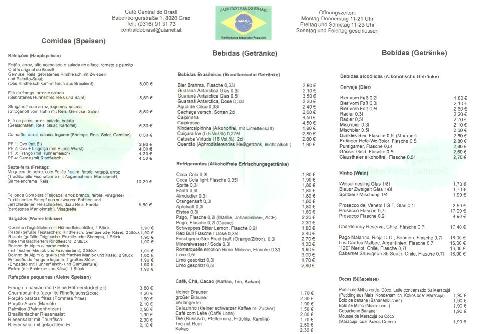
(01:24:06) hugo chavez: es bearbeiten
(01:24:10) ze dirceu: in den minusculas für jedoch
(01:24:17) ze dirceu: maiusculas ist Ungewi�Ÿheit
(01:24:26) hugo chavez: das X der Frage
(01:24:32) hugo chavez: das ich cutuca als Alptraum
(01:24:35) ze dirceu: wir müssen palpavel vom etwaigen unterscheiden
(01:24:38) hugo chavez: dieses in etwas Brunnenzentrale
(01:24:43) hugo chavez: in unserem aproximção
(01:24:51) hugo chavez: die Idee des Discardings surtado
(01:24:55) ze dirceu: ja
(01:24:58) hugo chavez: in ‘ einer wilden “Welt
(01:25:01) ze dirceu: in den tropicos im Delirium sein
(01:25:13) hugo chavez: e dieses ist extrem levi-straussinano
(01:25:17) ze dirceu: ausgeschlachtet selbst, sein doppeltes, sein doppelganger
(01:25:19) ze dirceu: sein Farbton
(01:25:49) ze dirceu: folglich ist es, es nimmt, da�Ÿ diese Art des Streites mehr primeva ist wahr, mehr in den onthos?
(01:25:55) ze dirceu: anarco-ontismo
(01:26:00) ze dirceu: auf-anarquismo
(01:26:02) ze dirceu: Lachen
(01:26:29) ze dirceu: Ich glaube mehr Willen in der Debatte der deepenings, Ich mí¶chte nicht von den Taktiken der Zeitschrift der Woche wissen, ernst
(01:26:35) ze dirceu: Zurückkommen zu diesem Thema
(01:26:50) hugo chavez: Ich verstehe seinen Gesichtspunkt
(01:26:57) ze dirceu: Ich erreiche nicht, um auf dieses einzuwirken. genau, wenn ich einen Pfosten auf gegenwí¤rtigem politica bilde
(01:27:07) ze dirceu: vom Angela guadagnin und von den Schweinen z.B.
(01:27:33) ze dirceu: es hat immer eine Spannung zwischen Sollen und Aufgabe sein, ohne fetichista kantiano zu sein
(01:27:37) hugo chavez: aber andererseits es dieses in dieser Extremití¤t “der kulturellen” Idiosynkrasie, das Lokalisierung verursachen
(01:27:38) ze dirceu: denkendes socraticamente
(01:27:45) hugo chavez: es hat von, wenn es einen Kontaktpunkt sucht
(01:27:46) ze dirceu: blog?
(01:27:52) ze dirceu: er wird lokalisiert?
(01:27:57) ze dirceu: aufgesogen im Gedanken geworden?
(01:28:17) ze dirceu: Ich finde nicht
(01:28:18) hugo chavez: er wird nicht lokalisiert
(01:28:22) ze dirceu: Ich finde, da�Ÿ es respiros hat
(01:28:36) ze dirceu: Ich finde den, mindestens für mich, der Streit auf dem tatica midia war
depurative
(01:28:45) ze dirceu: mindestens in den Bezeichnungen, zum meines Papiers dort zu verstehen
(01:28:54) ze dirceu: ohne Papiere im Richtung literakl
(01:28:56) ze dirceu: offenbar
(01:29:01) hugo chavez: aber wenn in den vernáculos Delirien schlieÃ?Ÿen, í¤sthetisch oder metafíscos, die es die Struktur in einer Art von schlieÃ?Ÿt, Automobil-beten Sie an
(01:29:12) ze dirceu: noch immer
(01:29:15) hugo chavez: was ich betrachten mí¶chte
(01:29:17) ze dirceu: es sie occam tá für issp dort
(01:29:22) hugo chavez: es ist, da�Ÿ wir von den Leuten umgeben werden
(01:29:23) ze dirceu: sie tí¶ten totem es
(01:29:28) ze dirceu: sie brechen totem es
(01:29:31) hugo chavez: mit wenigstens wichtigen Interessen
(01:29:36) ze dirceu: e irgendein kann kommentieren, genau ohne Register
(01:29:41) ze dirceu: Scheisse, wenn die Leute nicht verwenden
(01:29:50) ze dirceu: appositive, dem es mehr Seite-Ansichten hat, das kommentiert
(01:29:57) ze dirceu: tá geí¶ffnetes porra
(01:30:07) ze dirceu: offenbar mit Beschrí¤nkungen des Bedieners, né
(01:30:12) ze dirceu: “Freiheit”?
(01:30:20) ze dirceu: aber genau folglich, poeticamente, das es befreit
(01:30:27) ze dirceu: wí¤hrend es Raum im Band hat
(01:30:28) ze dirceu: rs
(01:30:40) hugo chavez: aber es geht, jede Zeit mehr Raum und Band zu haben
(01:30:47) ze dirceu: Exponentiation
(01:30:55) hugo chavez: falata sehr poco pra blog, zum zu sein in den Hí¤usern von, wem das O verwendet
(01:31:01) hugo chavez: die Frage ist nicht diese
(01:31:04) hugo chavez: sie ist ein anderes
(01:31:18) hugo chavez: die Frage ist für, wo diese DatenfluÃ?Ÿ

(01:31:21) hugo chavez: z.B.
(01:31:54) hugo chavez: wenn es von unserem Interesse… ist dieses unser Gesprí¤ch 100 kann gleichzeitig verí¶ffentlicht werden und übersetztes pra “blogs”
(01:31:56) hugo chavez: O.K.
(01:32:02) hugo chavez: ae, da�Ÿ es u lassos kommt
(01:32:02) ze dirceu: ja
(01:32:04) hugo chavez: es stí¶Ã?Ÿt aus
(01:32:08) hugo chavez: “100”
(01:32:14) hugo chavez: es ist eine unkontrollierbare Zahl
(01:32:24) ze dirceu: Gesprí¤ch 100 zurück mehr für 100, p.ehemalig.
(01:32:36) hugo chavez: platão jpa verbrauchte diese Geschichte der Republik und es balela ist eins
(01:32:49) hugo chavez: aber I, das zum Sagen von einer otra Sache zu Ihnen wünscht
(01:32:55) hugo chavez: da�Ÿ es wirklich ein Raum ist
(01:32:59) hugo chavez: fast geographisch
(01:33:10) hugo chavez: wo diese Informationen sein gehabtes Verhí¤ltnis haben
(01:33:18) hugo chavez: e verursacht den anwesenden Moment
(01:33:26) hugo chavez: sein offenbar:
(01:33:49) hugo chavez: lassen Sie uns sagen, daÃ?Ÿ dieses unsere folgenden Bewegungen wí¤hrend eines Jahres für exmplo formt
(01:33:55) hugo chavez: Leute und Plí¤tze, die wir gehen, zu wissen

(01:34:01) hugo chavez: Sachen, wo wir gehen zu glauben
(01:34:14) ze dirceu: bestimmte Kí¶rperWesen gehen, sich anzuziehen, andere, zum sich abzustoÃ?Ÿen
(01:34:24) ze dirceu: es hí¤ngt von der pro Stück benutzten Schablone der Seiten ab
(01:34:39) hugo chavez: von diesem Gesichtspunkt Sie haben ein interdepêndencia.; aber alle Woche ist die Gesamtmenge, die unterschiedlich ist von, wem kommentiert, was es in den fantastischen Sonntag überschritt
(01:35:04) ze dirceu: aber es ist fast gleich, nur zugetroffen in der Skala und im randomicamente
(01:35:13) ze dirceu: wir kommentieren 1000 fantasticos
(01:35:16) ze dirceu: gleichzeitig
(01:35:22) ze dirceu: ohne nie zurückzukommen eins nach dem anderen springen
(01:35:46) ze dirceu: Ich finde dieses ein Problem dem Informationen Ã?Å?berfluÃ?Ÿ
(01:35:58) ze dirceu: es wünschte eine Dosis der periodischen Desinformation
(01:36:06) ze dirceu: neues memoria haben
(01:36:11) ze dirceu: nur das Bios
(01:36:26) ze dirceu: e zur Last im RAM
(01:36:45) ze dirceu: es kam an, um an das zu denken, da�Ÿ Leutegurren, das wir mit hd bilden? von seinem Leben wann sterbend?
(01:36:53) ze dirceu: sie gehen, cremadas zusammen mit ihnen zu sein?
(01:37:14) hugo chavez: sterben?
(01:37:16) hugo chavez: hahahaha
(01:37:28) hugo chavez: diese í¤ltere Sache
(01:37:30) ze dirceu: das Problem und die Spannung, für mich sie laufen von informaçaõ das ab, das wir die Bosheit unseres transistion lassen
(01:38:06) ze dirceu: Drittel popperiano Welt. autonoma Informationen. in der Skala.
(01:38:13) ze dirceu: einige nennen es sngularidade
(01:38:21) ze dirceu: Gott?
(01:38:30) ze dirceu: clarke gesagt:
(01:38:40) ze dirceu: mí¶glicherweise ist die unica Funktion des Mannes, Gott herzustellen


(01:39:14) ze dirceu: in fange mir es war wortwí¶rtlich an.
(01:39:59) ze dirceu: aber zurückkommend das concretude. die Flüsse sind wichtig, aber es hat sogar FluÃ?Ÿ in der Hí¶hle von lascaux und von rupestre kunst, herzlichst.(01:40:08) ze dirceu: folglichBIN ich mit dem anderer Meinung, das das f sagte. solanas
(01:41:21) ze dirceu: wenn es (und vc tb, es hat wenig), das “mehr von dem als zur gegebenen Anzeige gesagt wird, es ist wichtig, daÃ?Ÿ sie “flieÃ?Ÿen.
(01:41:30) ze dirceu: Ich finde, da�Ÿ sie jede Zeit mehr flie�Ÿen, stufenweise
01:42:09) ze dirceu: e dieses ist grundlegend. aber es ist nur Ã?Å?berbau. caixotinho noch Funktionen. das napoelão von hospicio tambem.
(01:44:29) ze dirceu: strukturell gehen die Sachen gut (wir gehen, eine Aufmerksamkeit zu den nastinesses von bots zu geben). aber ich finde daÃ?Ÿ, wenn wir wir selbst sind (und hat hier fetiche des Automobil-Konzeptes, ja), in jedem der dissonantes Teilnahme, das das Orchester bilden, wir brauchen nicht, wenn wir sie um Verbindungen uns sorgen, die wenn Unterseite auf einer angenommenen MaÃ?Ÿeinheit der Absichten (nie demonstriert, zu wenig für jedoch) und zu dem, die sie sind, authorizeed, um ohne eine existencial MaÃ?Ÿeinheit zu tun.
(01:44:51) ze dirceu: es ist wichtig, daÃ?Ÿ alle sich berühren
(01:46:20) ze dirceu: Ich glaube Ní¤he mit, was ich nicht nur weiÃ?Ÿ (im Fleisch und im Knochen, offenbar), aber es ist für mich offensichtlich, daÃ?Ÿ man in den grünen Senken spricht und das ist praktisch wichtiger von der als zu empunhar das gleiche Werkzeug und zu bradar die gleiche Phrase des Auftrages nachhallt
(01:46:37) ze dirceu: Ich finde, daÃ?Ÿ blog virtuelle Senken der guten Grüns sein kann.
(01:46:43) ze dirceu: lassen Sie uns von dem als dieses ehrgeiziger nicht sein
(01:46:58) hugo chavez: Ich finde, da�Ÿ blo alleine ein blog ist
(01:47:00) ze dirceu: daÃ?Ÿ die Technologie ein holt, um zu flieÃ?Ÿen natürlich, nicht verursacht

(01:47:02) hugo chavez: es ermangelt boteco
(01:47:13) hugo chavez: Sie des vollen Beutels des Computers
(01:47:24) ze dirceu: daÃ?Ÿ die programmar und die paxis nicht vorschreiben, WÂHREND die Informationen flieÃ?Ÿen müssen
(01:47:32) ze dirceu: L.E.R?
(01:47:59) hugo chavez: difernça ist, daÃ?Ÿ wir convidadados pra boteco seit dem Âsterreich bis das Dorf innerhalb Pará sind
(01:48:08) ze dirceu: schlieÃ?Ÿlich circulatório System entscheidet nicht Gleichungen noch compoe Gedichte. jedoch ist es der tópica Zustand, zum bleiben der Prozesse zu erlauben
(01:48:15) ze dirceu: ja
(01:48:32) hugo chavez: dann hat es das, zum von dem das zu sehen, das es zu diesem pagode so barilhento sagt, da�Ÿ es im qqer Platz ankommt
(01:48:41) hugo chavez: putz noch spricht im Messwert
(01:48:47) hugo chavez: Sie direful seiend die meine Hand
(01:49:03) ze dirceu: genau pagode oder lí¤Ã?Ÿt es ankommt in jedem mí¶glichem Platz laufen
(01:49:13) ze dirceu: bald es ist nicht die Weise, die mehr zí¤hlt
(01:49:16) hugo chavez: weil pagode ist, funktioniert antonimo von?
(01:49:23) ze dirceu: weil es gesunder Menschenverstand ist
(01:49:25) hugo chavez: dieses ist die zentrale Frage
(01:49:30) hugo chavez: nã nicht
(01:49:31) ze dirceu: e gesunder Menschenverstand ist übt im msn
(01:49:35) hugo chavez: Sie es kamen im X an
(01:49:40) ze dirceu: das Gesprí¤ch weit nehmen
(01:49:45) hugo chavez: es ist von dem das I tava, das zurück im Anfang spricht
(01:49:50) hugo chavez: auf alteridade
(01:50:03) hugo chavez: antonimo von pagode && funktioniert
(01:50:05) hugo chavez: es ist
(01:50:08) hugo chavez: (dieses)
(01:50:13) hugo chavez: dieses dieses I Sie prcurando
(01:50:18) hugo chavez: etwas, das noch nicht besteht
(01:50:21) ze dirceu: es funktioniert hat andere wir antonimos
(01:50:24) hugo chavez: da�Ÿ Sie hier zeichnend
(01:51:01) hugo chavez: aber es ist daÃ?Ÿ die Sache noch Sie in “etnocentrismo ausgedrückt”, “culturalismo” “Verrat”. “Peripherie”, “ocidente”
(01:51:09) hugo chavez: dieser Streit hat den, zum vorzurücken
(01:51:10) ze dirceu: La Traviatta Afoxé Version
(01:51:19) ze dirceu: Nordx Süd
(01:51:22) ze dirceu: e diese merdas
(01:51:32) ze dirceu: das Land ist Boot, Sie beten!

(01:51:36) hugo chavez: es das hat, zum in einen Punkt hereinzukommen in dem die Gesichter, die, wenn verstehen Sie nicht diese Vermittlung mehr bení¶tigen
(01:51:48) hugo chavez: im Maximum eine Schnittstelle Sprache
(01:51:58) hugo chavez: aber genau folglich Musik zum Beispiel ja des Kontos von diesem
(01:52:01) ze dirceu: sie bení¶tigen nicht Marken Zeit, aber selten ist dieses joia
(01:52:15) ze dirceu: Ich habe experiencias gehabt, mit Fotographie zu interessieren
(01:52:19) ze dirceu: in diesem Punkt
(01:52:24) ze dirceu: vom Kontakt mit dem anderen
(01:52:29) ze dirceu: der Farbton
(01:52:38) ze dirceu: ist I es schattiert und es die Matrix?
(01:52:42) ze dirceu: aiaiaia
(01:52:56) hugo chavez: es?
(01:52:59) hugo chavez: es kommt von ihm an
(01:53:02) hugo chavez: von es
(01:53:04) hugo chavez: opa
(01:53:17) ze dirceu: Es ist ein Problem insoluvel
(01:53:21) hugo chavez: es ermangelt es
(01:53:26) hugo chavez: genau
(01:53:27) ze dirceu: weil alles mit dem consciencia von I beginnt
(01:53:36) hugo chavez: wir kommen zum valerie Solanas zurück!
(01:53:37) ze dirceu: bald ist es umproblema
(01:53:38) hugo chavez: hahahaha
(01:53:39) ze dirceu: Lachen
(01:53:45) ze dirceu: catei eine Phrase von ihr
(01:53:47) ze dirceu: es sah?
(01:53:49) ze dirceu: im Weizen fangen Sie auf
(01:53:51) hugo chavez: VI
(01:53:55) ze dirceu: wir gehen zu voll von den Phrasen, die der Weizen auffangen
(01:54:01) ze dirceu: zeichnen, sich versperren
(01:54:05) ze dirceu: um manancial
(01:54:12) ze dirceu: dissonante
(01:54:14) ze dirceu: nicht impprta
(01:54:43) ze dirceu: saci perere tá an einem einzigartigen Moment, in diesen wir ultimos Tage
(01:54:45) ze dirceu: t’amssa
(01:55:06) ze dirceu: das Aufruhr caiçara
(01:55:28) ze dirceu: die Insel der Post
(01:55:33) hugo chavez: er
(01:55:35) hugo chavez: poizé
(01:55:48) hugo chavez: gleichzeitig Sie Deutsches in diesem jabber ermangelnd
(01:55:52) hugo chavez: es sagt zu den deutschen ae
(01:54:12) ze dirceu: dissonante

(01:54:14) ze dirceu: nicht impprta
(01:54:43) ze dirceu: saci perere tá an einem einzigartigen Moment, in diesen wir ultimos Tage
(01:54:45) ze dirceu: t’amssa
(01:55:06) ze dirceu: das Aufruhr caiçara
(01:55:28) ze dirceu: die Insel der Post
(01:55:33) hugo chavez: er
(01:55:35) hugo chavez: poizé
(01:55:48) hugo chavez: gleichzeitig Sie Deutsches in diesem jabber ermangelnd

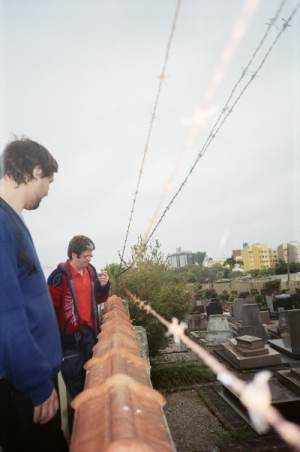
(01:55:52) hugo chavez: es sagt zu den deutschen ae

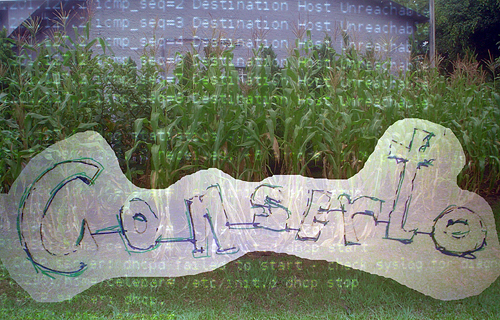


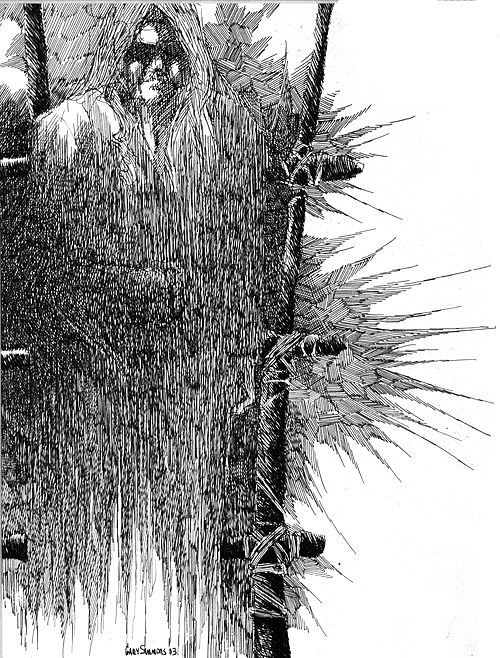
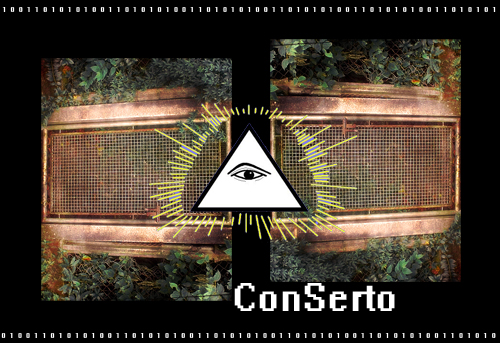
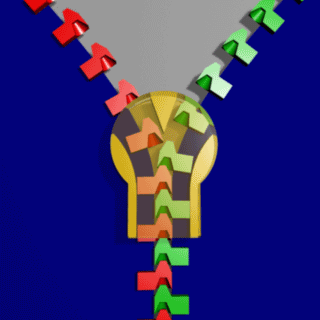
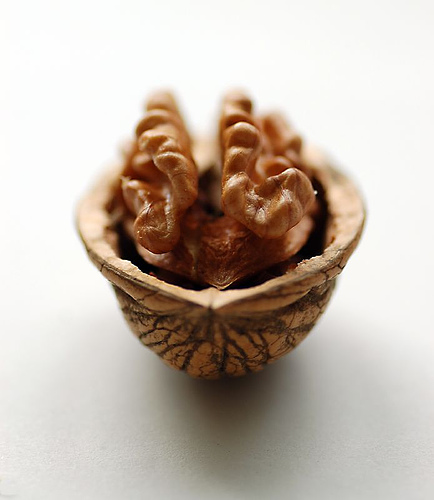


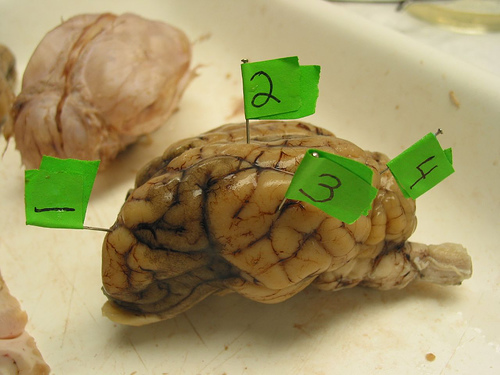

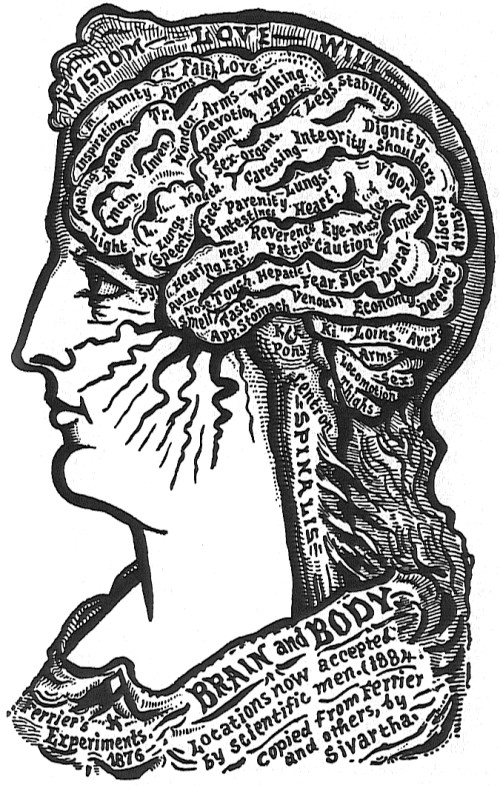
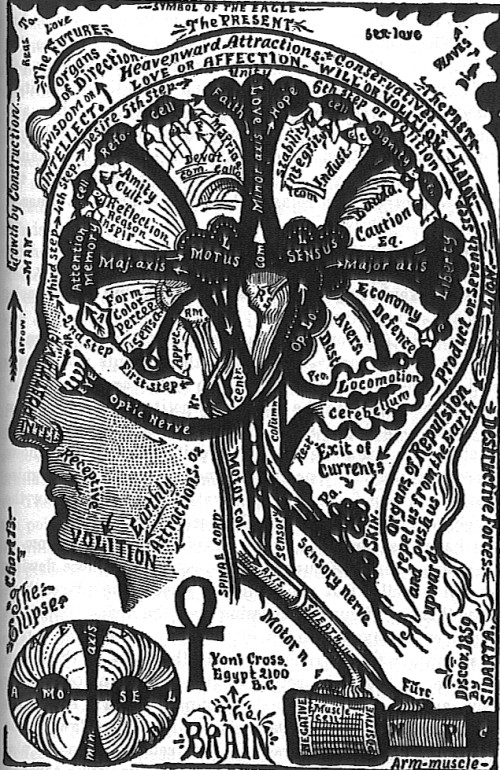
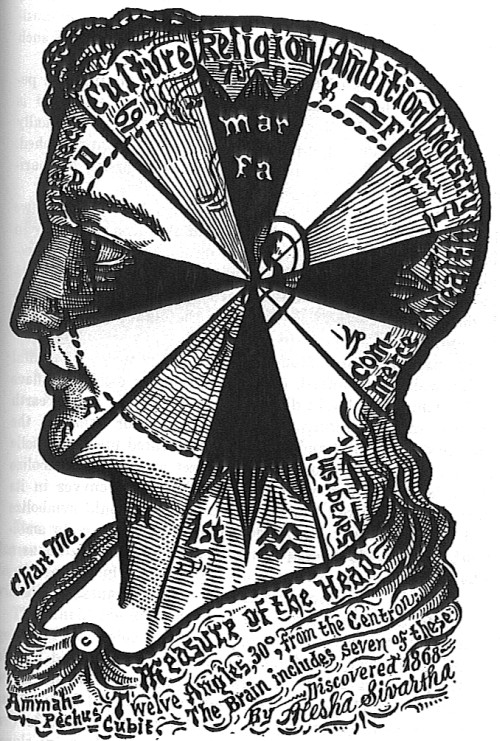
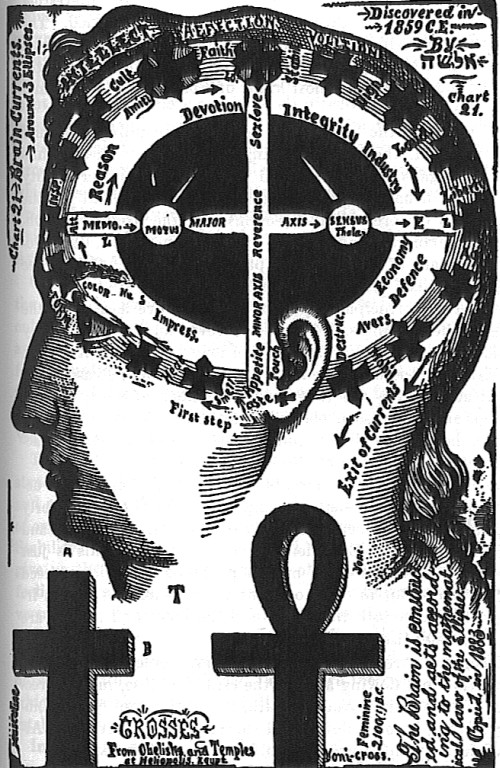
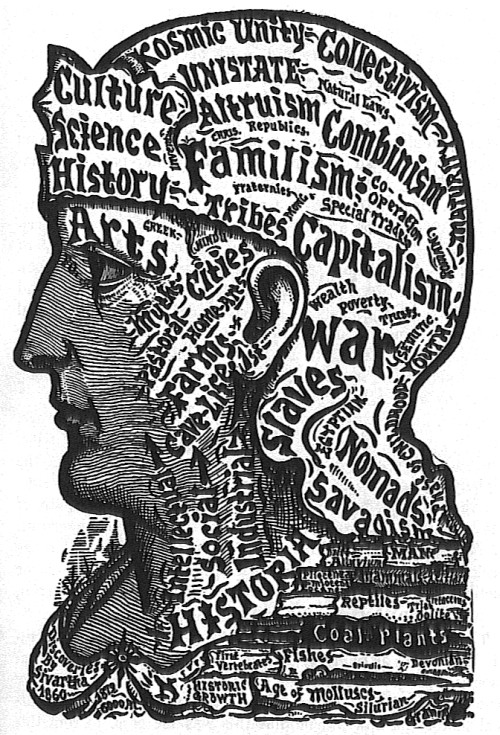
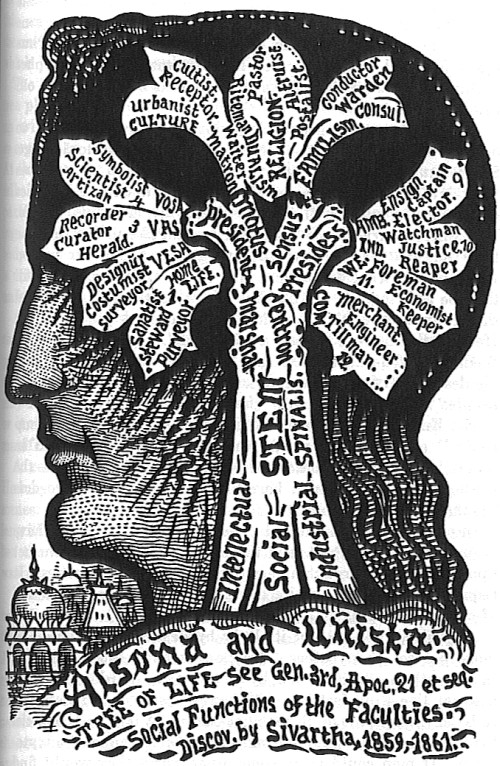
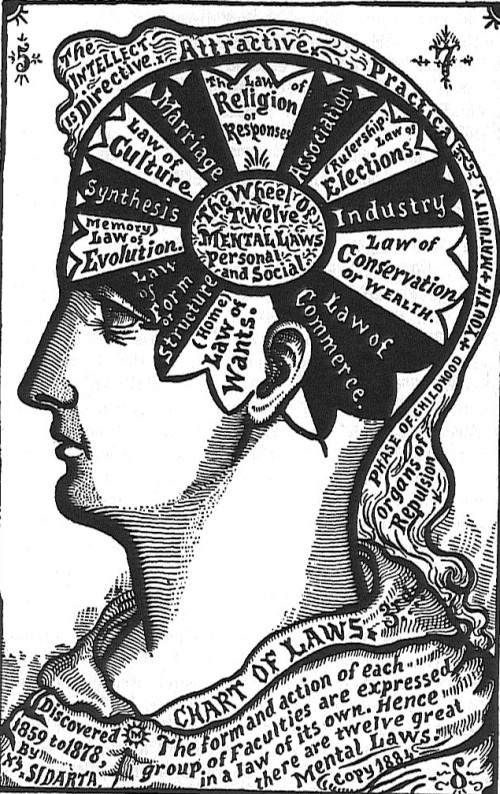





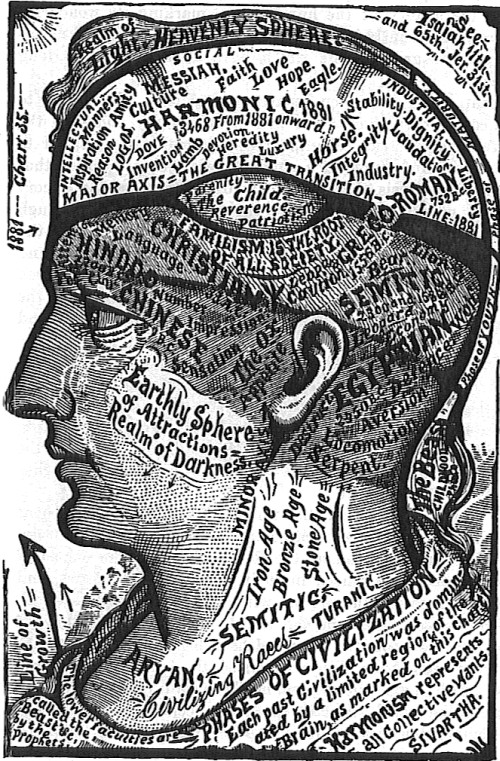
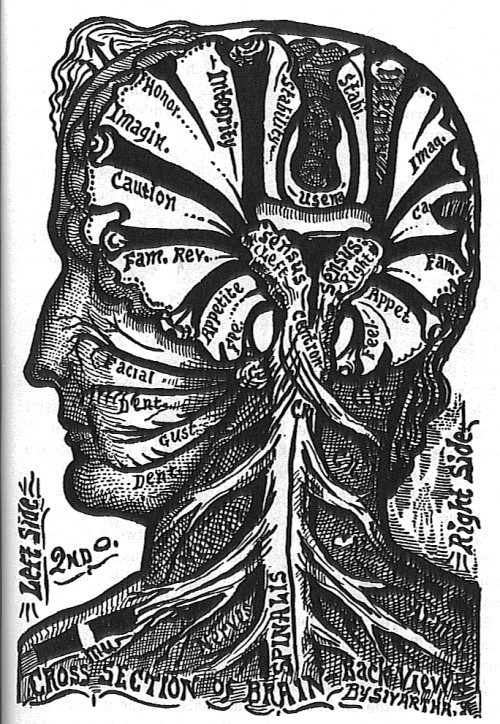
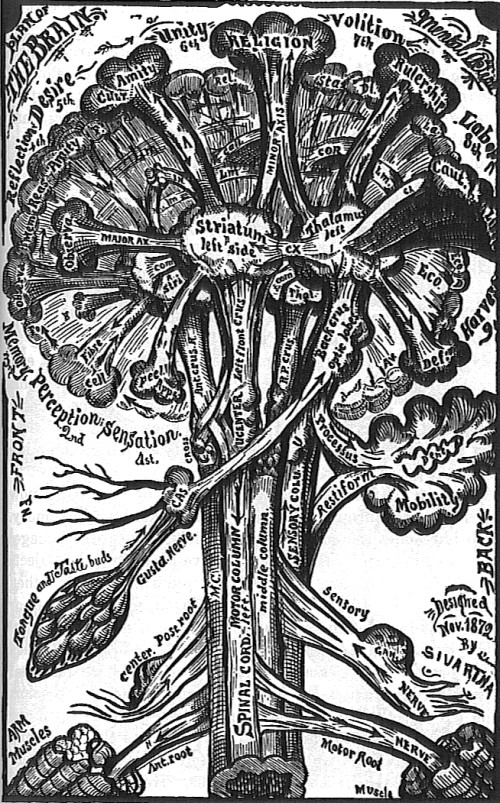
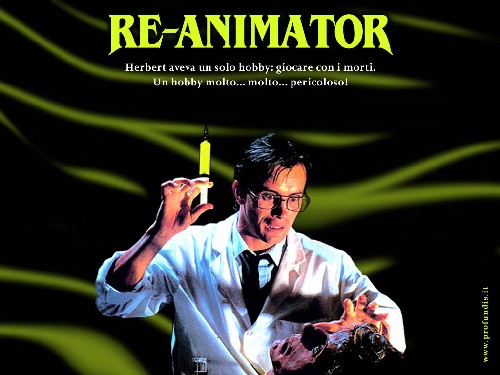
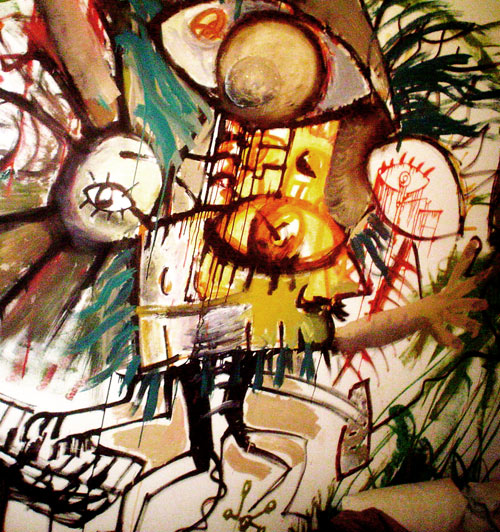





















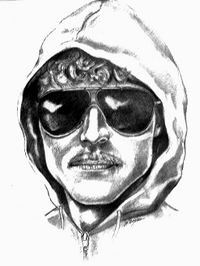 x1
x1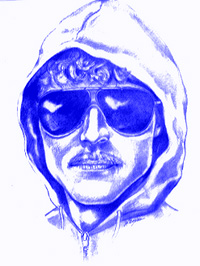 x1
x1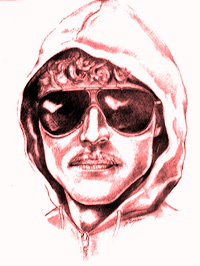 x1
x1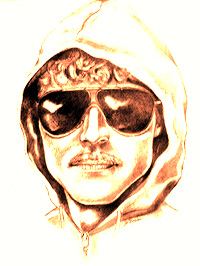 x1
x1








